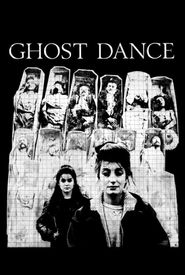Jacques Derrida's early life was marked by the traumatic experience of racist riots against the Jewish population, which had a profound impact on his childhood and youth. This challenging environment led him to develop an interest in French existential philosophy, particularly the works of Albert Camus and Jean-Paul Sartre, which he explored during his high school education.
In 1948, Derrida moved to France to serve in the military, and subsequently enrolled in the École Normale Supérieure in Paris, where he studied philosophy from 1952 to 1956. He then won a scholarship to study at Harvard University in 1956.
Upon his return to France, Derrida was appointed as a research assistant in philosophy at the Sorbonne University in Paris, a position he held from 1960 to 1964. During this period, he began to develop his innovative approach to philosophy, which would later become known as deconstructionism.
In 1966, Derrida delivered a lecture at the American John Hopkins University, titled "Structure, Sign and Play in the Discourse of the Human Sciences," which caused a significant stir and marked a turning point in the development of post-structuralism. The publication of this lecture, as well as his subsequent works "De la grammatologie" (1967),"La Voix et le phénomène" (1967),and "L''Écriture et la différence" (1967),formed the foundation of the post-structuralist movement.
Derrida's later work continued to explore and develop his poststructuralist ideas, including the publication of "La Dissémination" (1972),"Marges de la philosophie" (1972),and "La Verité en peinture" (1978). He also wrote works that bridged the gap between philosophy and literature, such as "Glas" (1974) and "La Carte postale: De Socrate à Freud et au-delà" (1980).
Throughout his career, Derrida taught as a professor of philosophy at various institutions, including the École Normale Supérieure in Paris, John Hopkins University, Yale University, and the University of California, from 1964 to 1984. His teachings have had a profound impact on neighboring academic disciplines, such as political science, art theory, literary criticism, and history.
In recognition of his significant contributions to philosophy, Derrida was awarded the Theodor W. Adorno Prize in Frankfurt am Main in 2001.

























